TiCoyote
TPF Noob!
- Joined
- Apr 28, 2009
- Messages
- 626
- Reaction score
- 4
- Location
- New England
- Can others edit my Photos
- Photos OK to edit
So I'm shooting with a 28-135 USM on a digital Rebel. Pretty standard. I see some pics on the site that are just so razor sharp and crisp, and I think, I want my images to look like that!
I'd like to pick up a gently used 40D, but I'm not sure if it's going to make the images that much better. It's still an APS-C sensor size, but it is an upgrade from 6 megapix to 10. Is that going to make a big difference?
I think I would enjoy shooting with the 40D more, because it would shoot faster and feel heavier and more comfortable.
What about putting a 50mm f1.8 on the camera instead of the 28-135?
Do I really need to upgrade to something with a full frame sensor? I'm just not ready to drop that kind of coin.
I don't really want to make the jump from Canon to Nikon. I like the features of Canon, and I think I get more bang for the buck.
I'd like to pick up a gently used 40D, but I'm not sure if it's going to make the images that much better. It's still an APS-C sensor size, but it is an upgrade from 6 megapix to 10. Is that going to make a big difference?
I think I would enjoy shooting with the 40D more, because it would shoot faster and feel heavier and more comfortable.
What about putting a 50mm f1.8 on the camera instead of the 28-135?
Do I really need to upgrade to something with a full frame sensor? I'm just not ready to drop that kind of coin.
I don't really want to make the jump from Canon to Nikon. I like the features of Canon, and I think I get more bang for the buck.


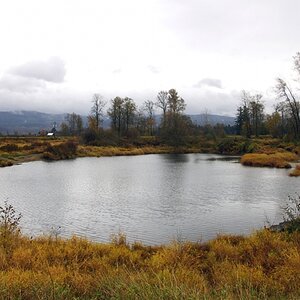

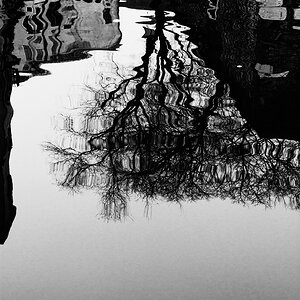

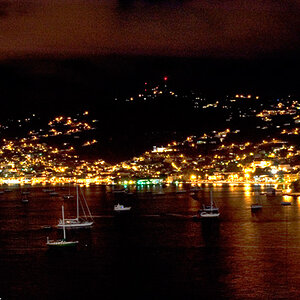

![[No title]](/data/xfmg/thumbnail/38/38263-ad5e4c9e677626ddb5b1e7cdf9ebe40e.jpg?1619738548)
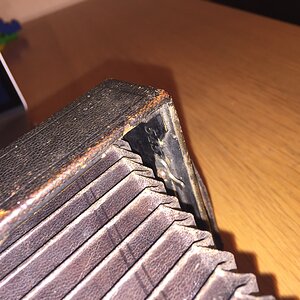

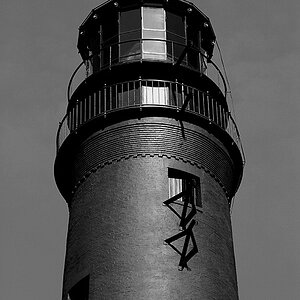
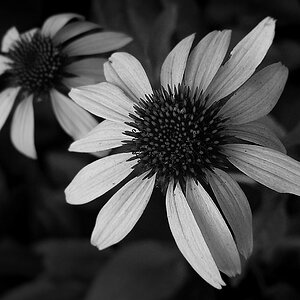
![[No title]](/data/xfmg/thumbnail/38/38262-10a9668da9a2b36a92cddde57caf87bc.jpg?1619738547)